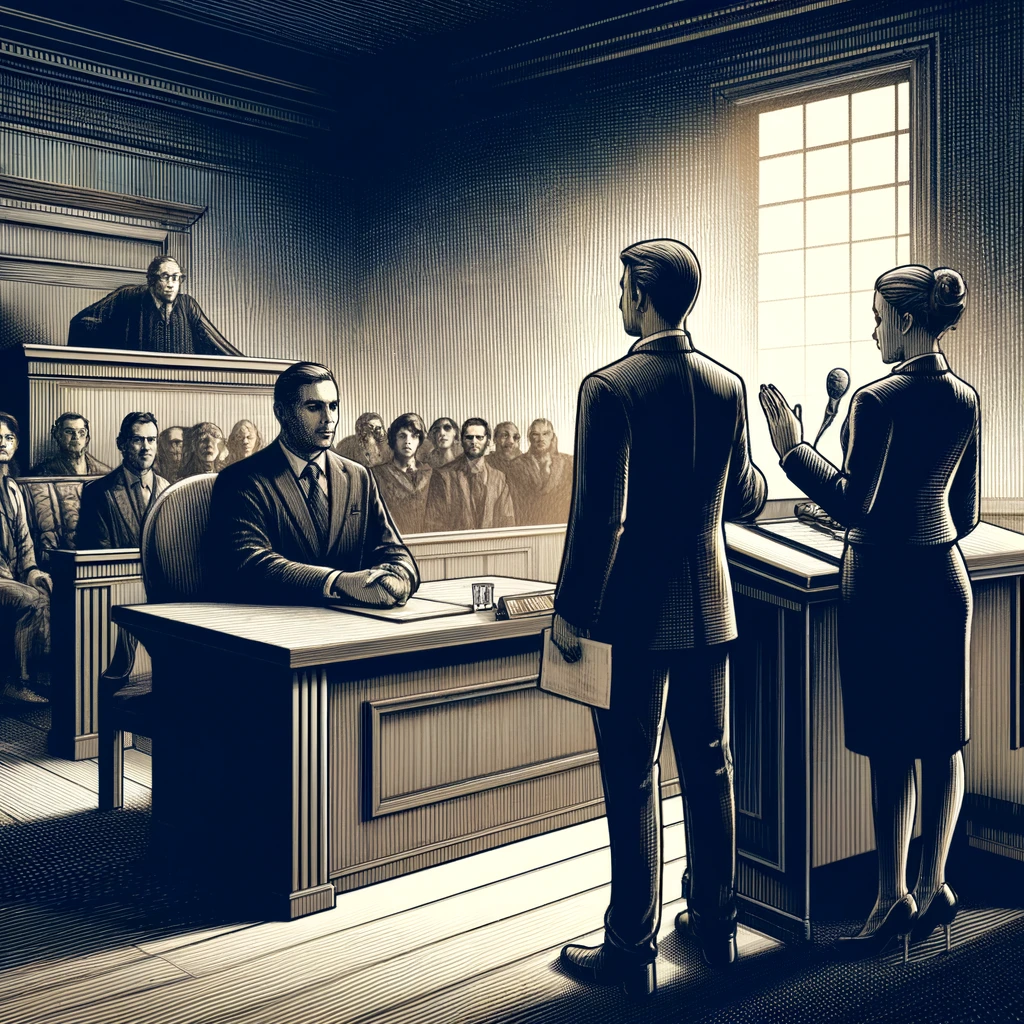In the intricate world of legal battles, the credibility of witnesses often becomes the linchpin determining the fate of cases. Every testimony, every assertion made under oath, rests heavily on how trustworthy those speaking appear. Within this delicate balance, Evidence Rule (ER) 607 emerges as a critical guideline, illuminating who holds the power to challenge a witness’s reliability. Simply put, ER 607 allows any party, including the one that called the witness, to question their credibility.
What is ER 607?
At the heart of ER 607 lies the essential ethos of fairness that governs the adversarial legal system. This rule recognizes that not all testimony provided by witnesses will necessarily align with a party’s expectations or case narrative. Therefore, ER 607 arms attorneys with the strategic capability to scrutinize the reliability of their own witnesses when necessary, in the pursuit of truth and justice.
Strategic Use in Legal Practice
Invoking ER 607 to impeach one’s own witness is a nuanced tactic, not to be used lightly. It typically comes into play when a witness’s testimony significantly diverges from anticipated statements or when their credibility is unexpectedly called into question during trial. Opting to challenge a witness’s reliability requires careful strategic planning, as it can greatly influence the jury’s perception and the overall credibility of the impeaching party.
Impeachment Techniques Under ER 607
Impeachment under ER 607 can be approached through various methods, including:
- Pointing out inconsistencies between the witness’s courtroom testimony and prior statements.
- Presenting evidence that questions the witness’s character or truthfulness.
- Underlining any factors that might affect the witness’s ability to accurately observe, remember, or convey the event in question.
Legal and Ethical Considerations
While ER 607 offers a framework for challenging witness credibility, it also introduces significant ethical dilemmas. Lawyers must tread a fine line, ensuring they represent their clients zealously without compromising the legal process’s integrity. The decision to impeach a witness, particularly one’s own, should be motivated by a genuine quest for truth, avoiding any tactics that could obscure facts or mislead the tribunal.
The Critical Role of ER 607
ER 607 stands as a cornerstone in ensuring that the foundation of legal proceedings remains anchored in truth. It grants attorneys the authority to correct or clarify testimonies that may not fully represent the facts, reinforcing the justice system’s integrity. However, leveraging ER 607 involves balancing strategic acumen with ethical responsibility, a testament to the complex art of legal advocacy.
As legal professionals continue to navigate the nuanced terrain of witness credibility, ER 607 serves as an indispensable tool in their arsenal, promoting a legal process that is both transparent and fair.
You can read the text of ER 607 here: https://www.courts.wa.gov/court_rules/pdf/ER/GA_ER_06_07_00.pdf
Review our client resources here
Contact us anytime for your urgent legal needs.
About Blanford Law:
We are no-nonsense, relentless, fair, and honest. We are great listeners instead of fast talkers, that is just who we are. More than 20 years ago, Ken began practicing law with a deeply-seeded belief that every person has the right to the best legal representation available. He built his law firm on that belief. Another belief that he strongly adheres to is his fundamental belief that clients deserve respect, with no assumptions or preconceived notions. If you or someone you know is accused of a crime or injured as a result of the negligence of another, please have them call us at 253-720-9304 or email us info@blanfordlaw.com

